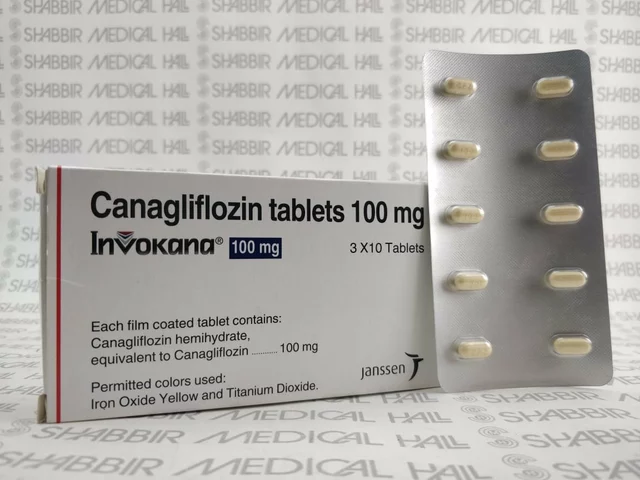Immune defense: simple, effective steps you can use today
Your immune system works nonstop, quietly handling germs and damaged cells. You don't need miracle products to help it—small daily choices add up. This page gives clear, practical ways to strengthen immune defense, plus when to consider supplements or medical care.
Daily habits that make a real difference
Sleep is the foundation. Aim for 7–9 hours most nights. Poor sleep reduces immune cells that fight infections and lowers vaccine response. Make sleep a priority: set a regular bedtime, limit screens before bed, and keep the room cool and dark.
Eat for resilience. Focus on whole foods: vegetables, fruits, lean proteins, whole grains, and healthy fats. Protein is critical—your body needs amino acids to build immune cells. Include vitamin D sources (fatty fish, fortified foods) and vitamin C–rich produce like citrus and peppers. Zinc from beans, nuts, and meat helps immune cell function.
Move regularly but avoid overtraining. Moderate exercise—30 minutes most days—boosts circulation and immune surveillance. If you do intense workouts, balance them with rest days so your body can recover.
Manage stress. Chronic stress raises inflammation and weakens immune defenses. Try simple stress habits: short daily walks, deep-breathing breaks, 10 minutes of mindfulness, or talking with a friend.
Mind your hygiene and exposures. Wash hands with soap after public outings and when preparing food. Keep up with recommended vaccines—vaccination is one of the most effective ways to prevent serious infections.
Supplements, herbs, and when to see a clinician
Supplements can help in specific cases, not as a cure-all. If you have low vitamin D levels, replacing vitamin D makes a measurable difference in immune function. Zinc lozenges can shorten a cold if started early. Vitamin C supports immune cells but works best through food. Consider probiotics for gut health—many immune cells live in the gut and benefit from a balanced microbiome.
Some newer supplements, like superoxide dismutase (SOD), target oxidative stress. Early research shows potential antioxidant benefits, but results vary and quality matters. Herbs such as Asparagus racemosus (shatavari) appear in traditional use for general wellness; check quality and ask your clinician if you take medicines or have conditions.
If you notice severe or persistent symptoms—high fever, shortness of breath, unexplained weight loss, or infections that don’t clear—see a healthcare provider. Antiviral medicines (for example, treatments for herpes) or antibiotics for bacterial infections are sometimes needed; overusing them when not required harms your microbiome and resistance patterns.
Want deeper reads? Explore articles on this site about pathogenic bacteria, antiviral meds like aciclovir, and antioxidant supplements to learn specifics and compare options. Small, consistent steps beat quick fixes—build immune defense one habit at a time.

How Pharyngeal Mucous Membranes Guard Against Infection
Think of your pharyngeal mucous membranes as a security team for your throat. They trap and sweep away harmful germs before they sneak into your body. The sticky mucus, cells, and chemicals work together 24/7 to keep you safe. This article breaks down how these membranes do their job, why it matters, and what you can do to keep your throat defenses strong. You'll also get practical tips for daily habits to protect your throat.
Categories
- Medications (69)
- Health and Medicine (60)
- Health and Wellness (36)
- Online Pharmacy Guides (16)
- Nutrition and Supplements (8)
- Parenting and Family (3)
- Environment and Conservation (2)
- healthcare (2)
- prescription savings (1)



